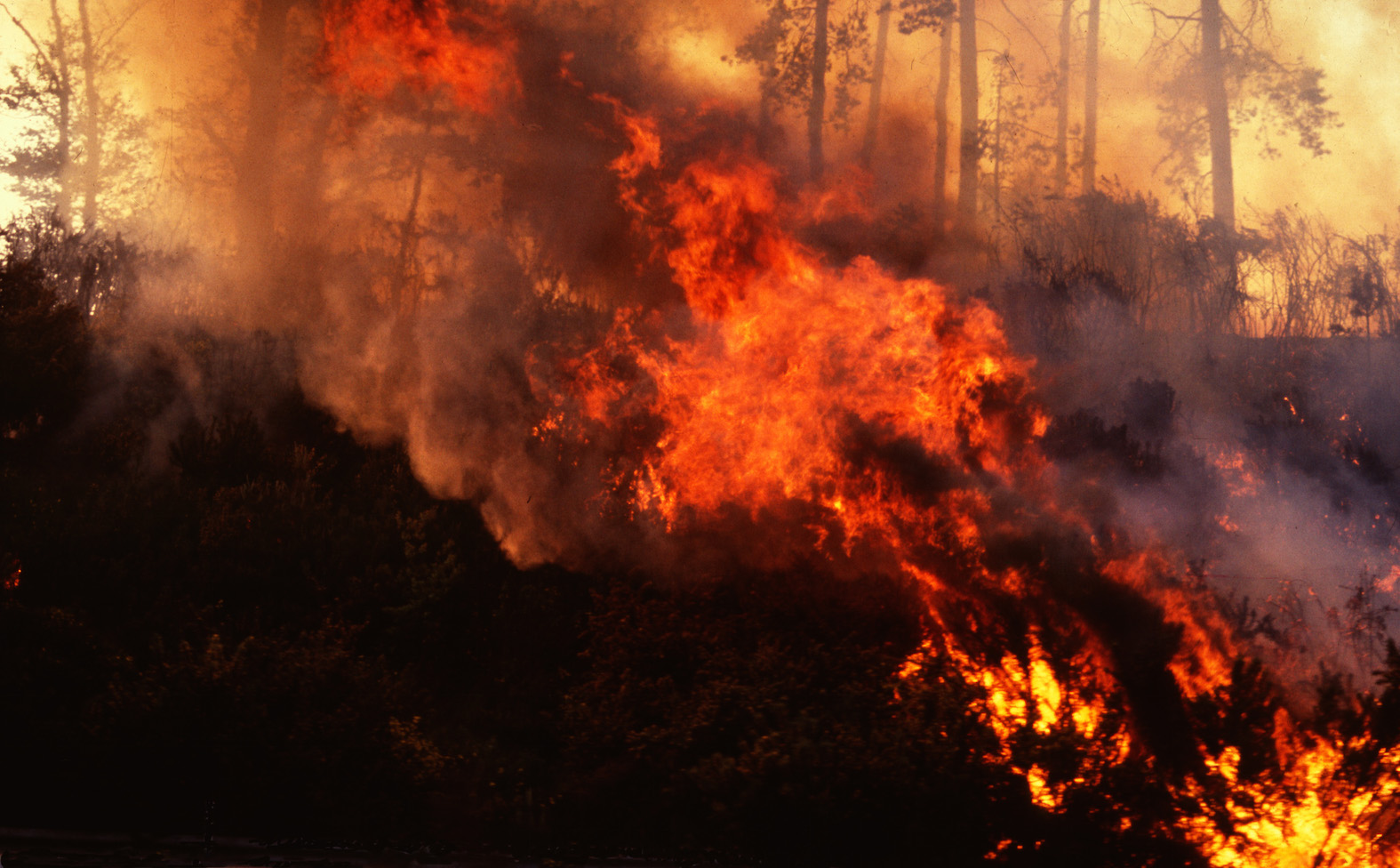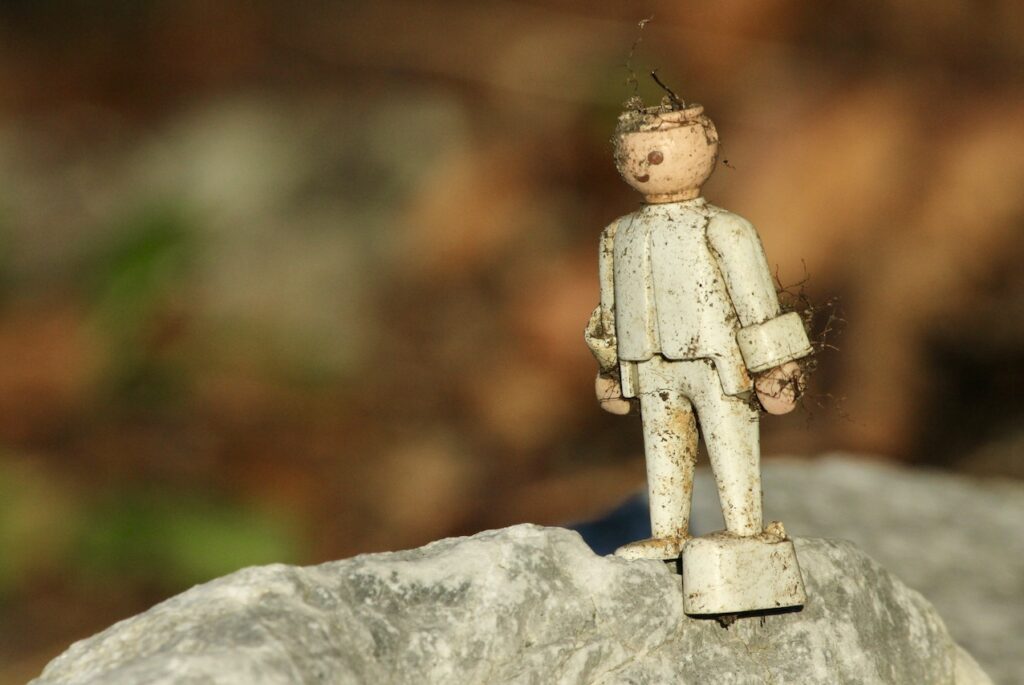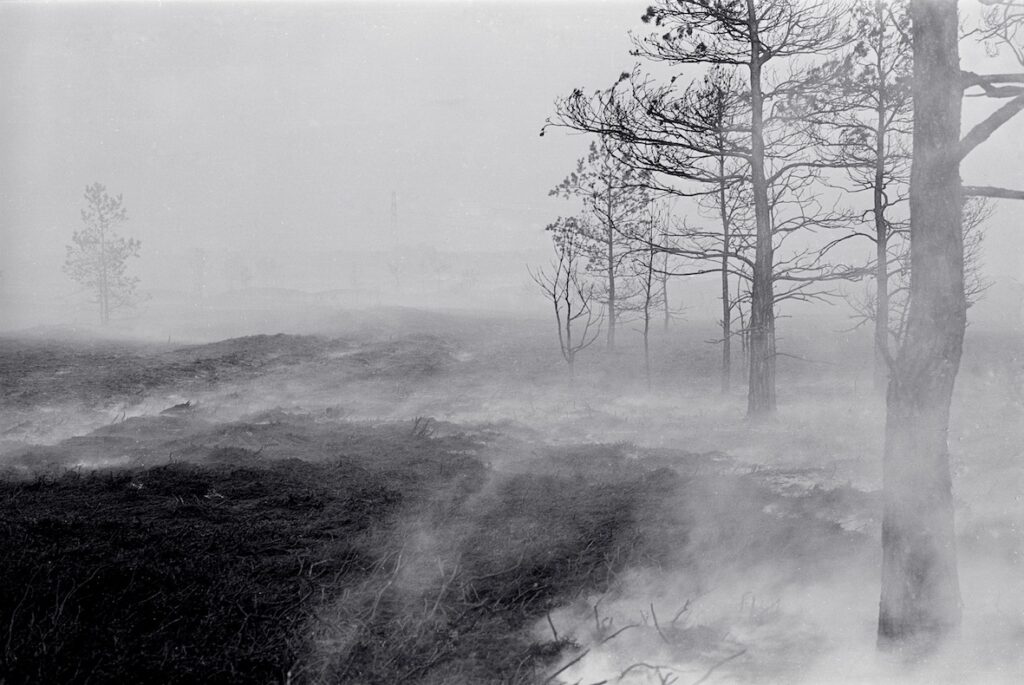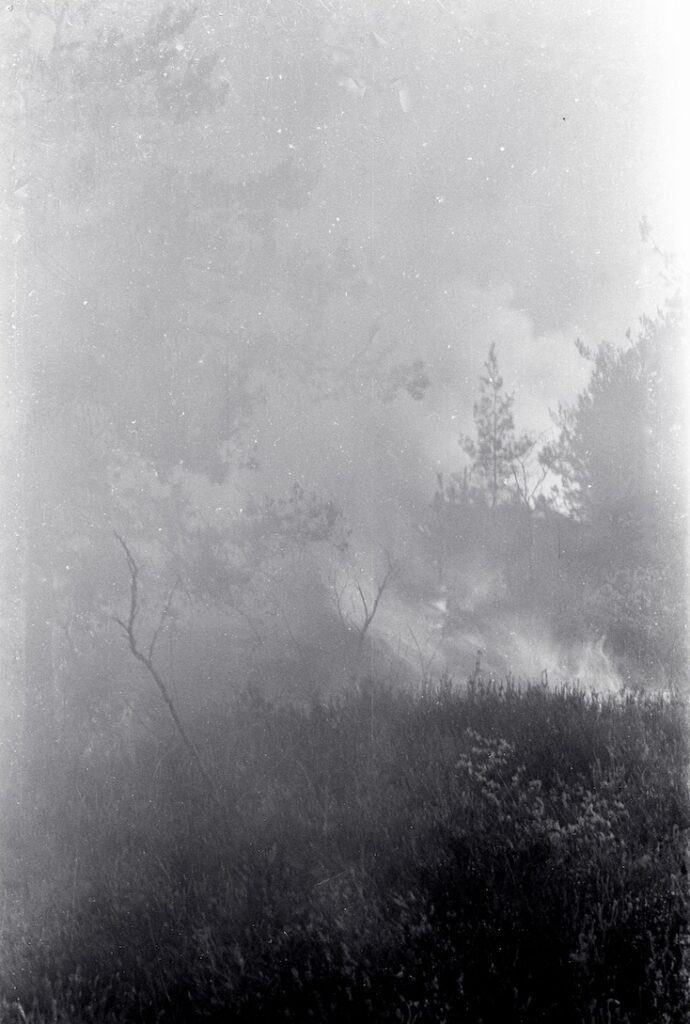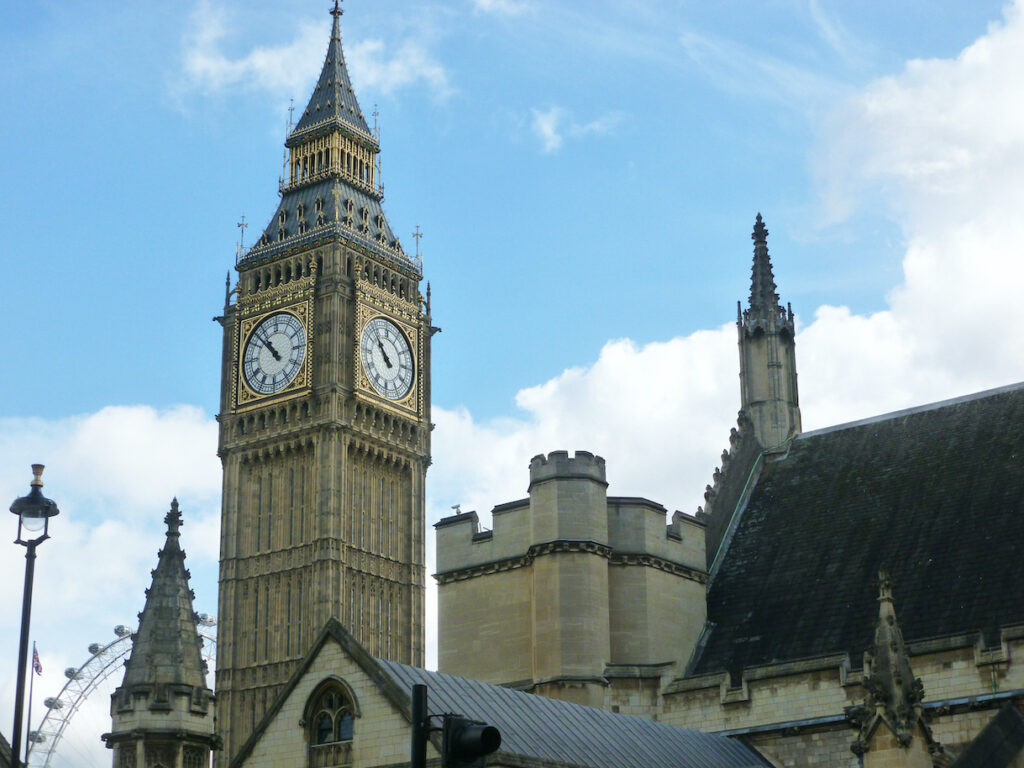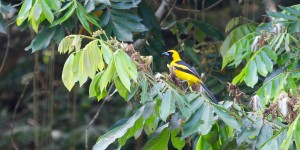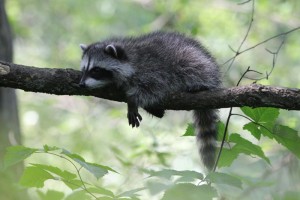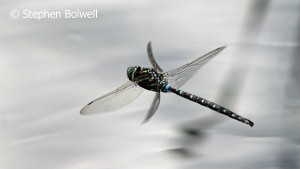The day I started writing, the Queen died quite suddenly, but I don’t think it was my fault. Two days before the sad event, Liz Truss visited the Queen to form a new government, and nobody is pointing the finger at her… at least, not for that. Life is full of coincidences: the day Davie Bowie died I found a white Lego figure washed up on the beach, it reminded me of Bowie’s persona ‘The Thin White Duke’, but I’m old enough to remember the character dressed mostly in black, otherwise I might have spun a spooky yarn. Odd things happen… and right now, they’re happening in Britain. I intended to write about increasingly hot summers, but circumstances are so extraordinary back in ‘the old country’, I feel obliged to consider them. I’m slow… it takes six weeks for me to write anything, but apparently that’s more than enough time for a new prime minister (unelected by the people) to tank the British economy and disappear. Such oddness in political behaviour might, in part, also explain why we are experiencing fundamental environmental problems that include the heatwaves and droughts I intend to outline.
Back on June 6th 1977, the Queen lit a beacon at Windsor to celebrate her diamond Jubilee, which set off a chain of events that ruined my evening. Beacon lighting goes back a long way. During the reign of Queen Elizabeth I, a beacon was lit at Kynance Point to indicate the sighting of the Spanish Armanda off the tip of Cornwall; soon beacons were alight around many parts of Britain, but lighting beacons can’t convey much in the way of detail… That’s the problem with fire, it’s not a great way to communicate, but it was at the time better than nothing… but not a lot.
Real problems start in out of the way places where there are no beacons, some people just get creative and set fire to whatever is available, and that’s exactly what happened during the Queen’s Silver Jubilee celebrations — I was witness to the event when checking out great crested newt efts in a pond in the New Forest — these newt larvae will come to the surface at night and checking them out with a torch provides a more reliable estimate of numbers than splashing about during the day with a net.
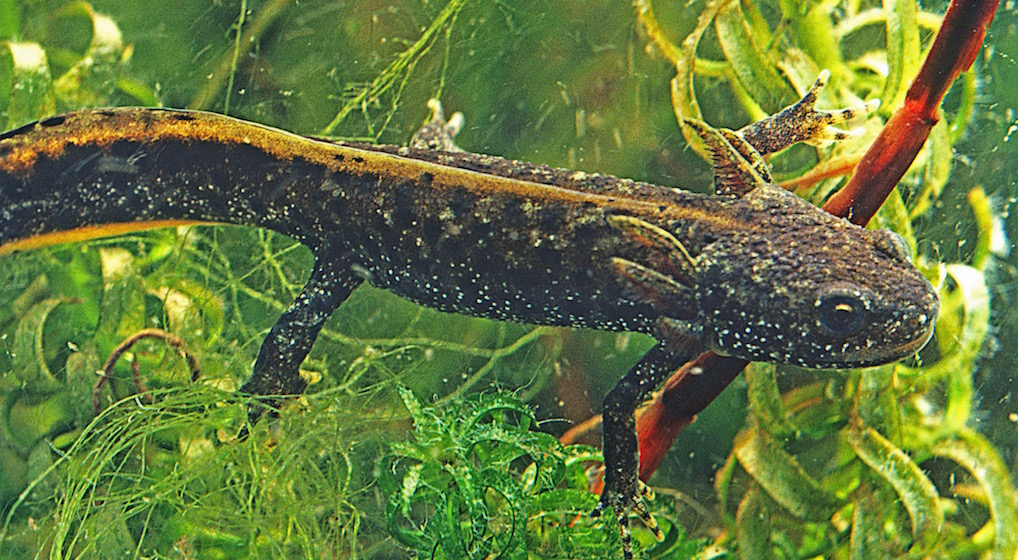
I was busy counting, when a man walked out of a nearby pub and set fire to a gorse bush, and pretty soon the surrounding heathland was ablaze. With conditions dry and houses nearby — some with thatched roof, this behaviour seemed madness; so I ran to the pub and asked the landlord to phone the fire brigade, and got some very strange looks from the local clientele. It was like a horror movie when a witless, well-meaning character comes off the moor and goes into an inn to report something peculiar. Everybody in the house knows what’s going on…. It’s never good. And that’s the way it was for me.
The fire brigade showed up quite quickly to put the fire out. Then there was the police. A friend was with me and we were asked if we could identify the culprit by the light of the fire… We thought we could and went to the station to give statements. It was 1.00 a.m. before we got away and on leaving we noticed somebody breaking into the local pier, but there are only so many visits you can make to a police station in a single night, so we let that one go. A few days later we were attending a police line-up — the constabulary were taking events very seriously. A politician, active in gay rights, had recently been framed for a crime he didn’t commit and the force had been told to tighten up on procedure. ‘The one on the end?’ said my friend as I emerged from the line up room. ‘The one in the middle!” I responded. Fortunately he was joking. We had both identified the culprit independently and he was later found guilty of starting a fire — to make things worse, he was a volunteer firefighter.
We hadn’t wanted to get anybody into trouble, but the previous summer of 1976 had taught us something — hot dry summers and fires don’t go well together. In recent years extended hot dry periods have resulted in fires of such intensity, they have destroyed both property and swathes of natural habitat around the World: in particular devastating extensive areas of Europe, Australia, the U.S.A., and Russia, this mostly the result of global climate change.
The heatwave that hit Britain during the summer of 76 was one of the hottest on record and a great deal was learnt from it, but it was the previous year that had set the ball rolling: June of 75 was cool, followed by two months of intense heat; then came a dry winter and the problems associated with the summer of 76 were inevitable. Besides the fires there was also a drought, resulting in severe water shortages, and in some areas people queued on streets to collect water from standpipes.
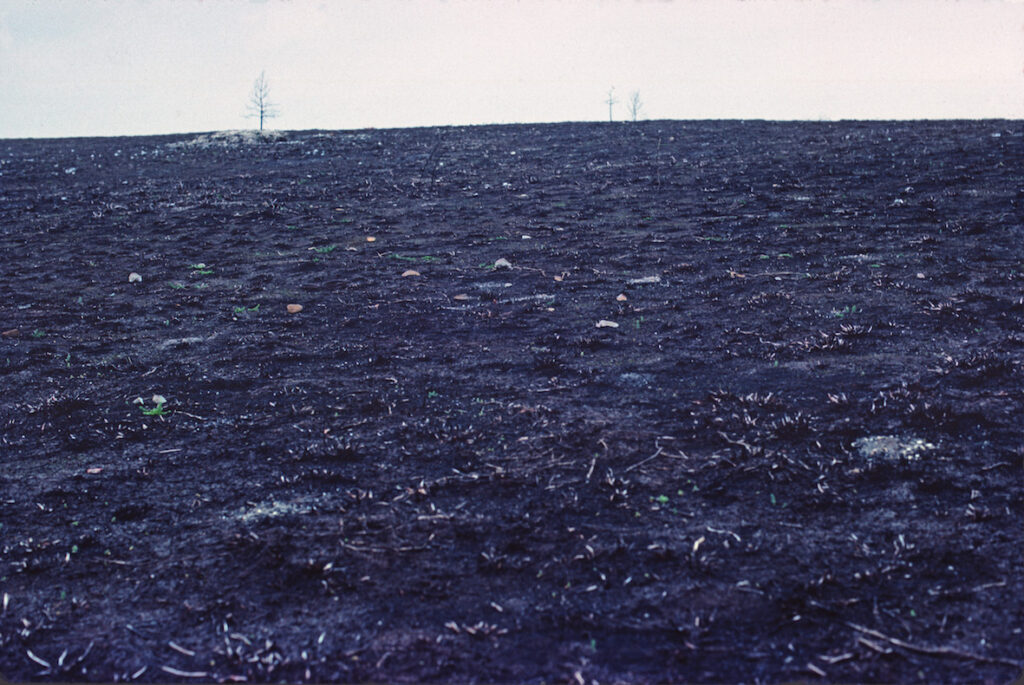
The late summer heatwave of 75 is mostly forgotten, because the drought of 76 was one of the most significant in the U.K. for 150 years and so it is remembered.
What we recall from the past usually relates to what is most important to us. I worked abroad for extensive periods of the 1980s and was in Vermont when Britain went to war with the Falklands. I couldn’t believe what I was reading in the US papers on the day it started, although it was difficult to know exactly what was going on because the U.S. is notoriously disinterested in anything that doesn’t prominently feature an American. It seemed ridiculous for Britain to be at war with Argentina, and the oddness of the event made it memorable. I mention this because the Prime Minister, Margaret Thatcher, had not yet implemented the policies she became famous for and would required a second term of office (and then a third) to do so. Her popularity had been flagging… but once the war had been won, her ratings went through the roof. It is difficult not to think of the 1980s without remembering the impact of Thatcher’s policies. What is presently happening in Britain we are also going to remember, but not for the same reasons.
With weather, we mostly recall days when the sun was shining — I would always be out filming when it was. Our minds fixate on memorable events, including hot summers, which until recently were something of a luxury in Britain. Just a few hot days can activate our recollections, but if nothing much changes it is difficult to recall one year from another.
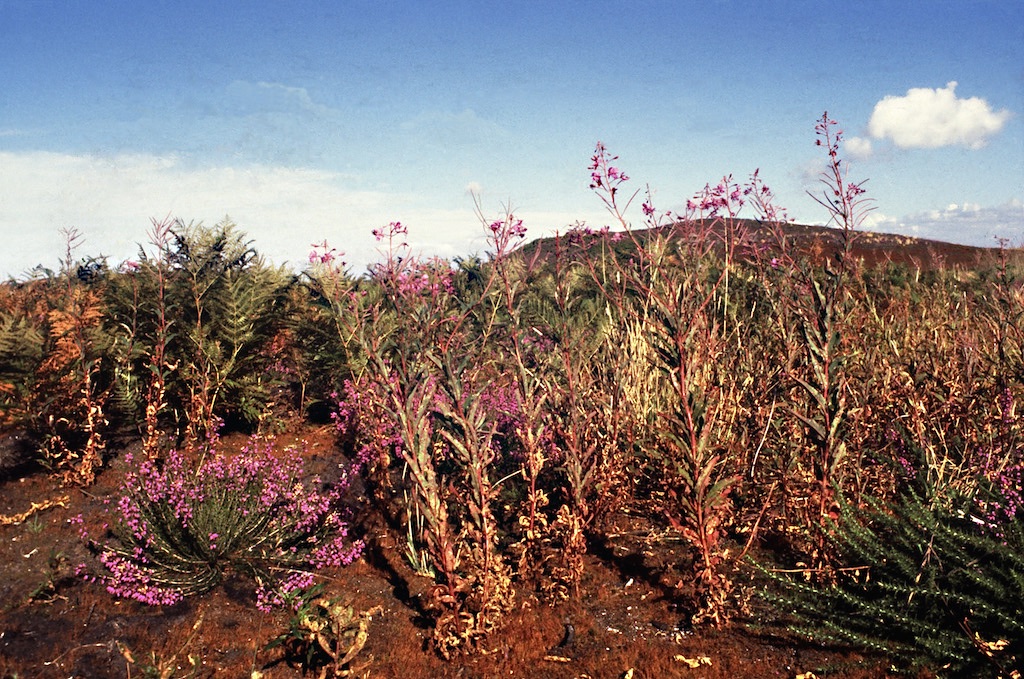
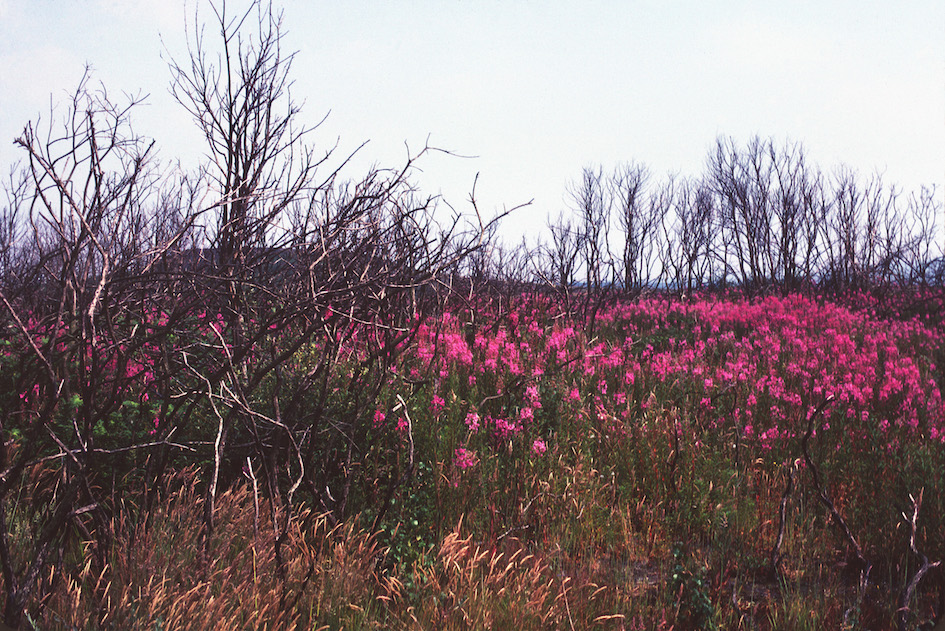
1976 was an important year for me — I was trying to establish myself in television and on the lookout for news stories that related to the natural world. On summer weekends I would drive into the New Forest and sit outside of Beaulieu Fire Station and wait for a heath to catch fire. Initially there was nothing, but on 6th August everything changed. A man who had been looking at the the rubber pulls that held the bonnet onto my mini asked if they were legal. “Probably not”, I responded, and we got into conversation. He wondered why I was sitting outside of a fire station. I told him, and he responded by saying I was outside of the wrong one, explaining that he’d heard of a big one on the other side of the Forest near Ringwood. I was off like a shot, but it wasn’t easy to find. Going South towards Bournemouth the heathlands become dry and sandy and vulnerable to summer fires. I eventually found what I had been looking for near Ferndown, but by the time I got there, the fire brigade had everything under control. I missed most of the action, but learned a lot about where I could and could not go; and the firemen were helpful, asking only that I didn’t film when they weren’t wearing helmets.
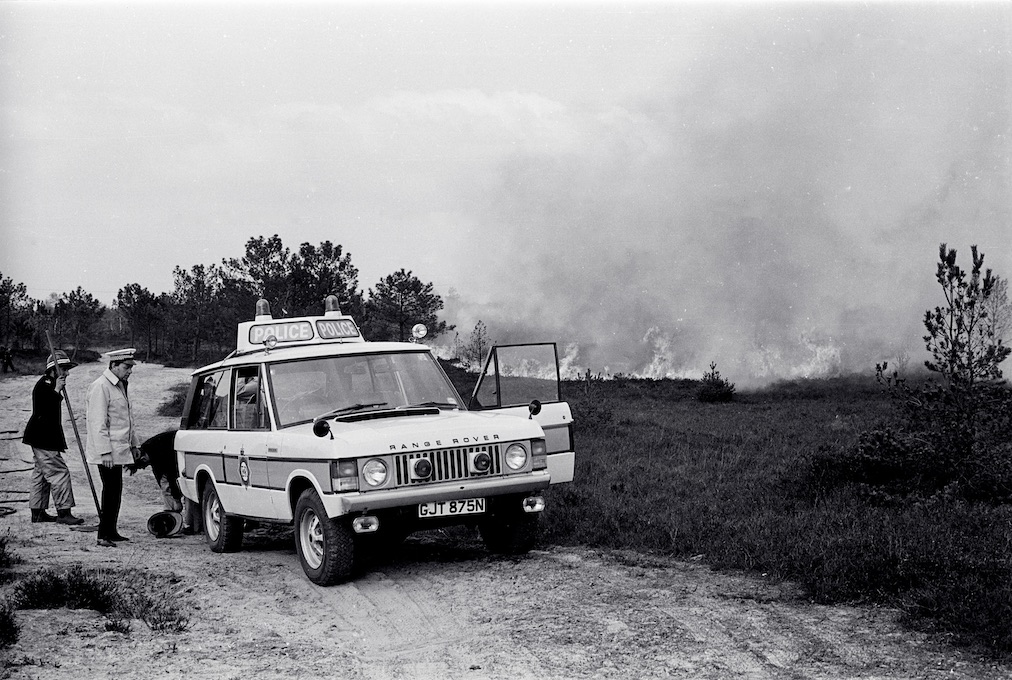
On 28th August I went to a heathland fire and soon learned of another burning out of control at Matchams, west of the New Forest. Somebody told me it was was one of the ‘wildfires of the century’, but I was doubtful. I needed to get onto the A338 between Ringwood and Bournemouth, but the road was closed. I managed to get onto it using a back road, only to discovered a scene from a disaster movie — there were no people or vehicles — the road stretched away empty, for as far as I could see. I kept going until I got to Matchams where smoke was rising from behind a hill. The undergrowth was shrubby and dense; and there were a lot of rhododendron — mature old plants that drop their leaves which make for a significant fire hazard. Hoping it wouldn’t be on fire by the time I got back, I left my car beside the road and headed in, but didn’t get more than a hundred yards before I could hear and smell the fire approaching, but I never saw a flame. However, with a light wind blowing I knew it was moving more quickly than I could, so I turned and hurried out, but my gear got entangled in the undergrowth, It was a struggle, but I got back to the road unscathed. With an overwhelming desire to record the event, I had approached the fire from the wrong direction — a serious error in judgement that I was lucky to get away with.
Having recovered my composure, I moved to a more open location so that I could keep track of the fire’s movements and ended up close to a farm. Here I found myself amongst people clearing a house, with firemen damping down the area ahead. The crew were standing in a line across the front of a stand of pines and I joined them. They were hosing water into the tops of the trees when the fireman next to me calmly said, “In a minute we will pick up the hoses and run back. When we do, you go with us.” Shortly after he spoke, the men were in rapid retreat. I did as I was told and moved with them, running the camera as I went. There was a sudden roar as fire swept out through the tops of the trees, which were by no means small; it then dipped into the area where we had been standing, sweeping down as if directed by dragon breath to incinerated everything ahead. I still have the footage somewhere — it was spectacular, but once down into the heavily watered area the fire lost enthusiasm, and gave up the fight.
For those who like figures: 1995 was then for Britain the hottest August on record since 1659 and the summer the driest on record since 1766. In the USA between July 12th-15th the midwest was overwhelmed by a heatwave — many died as a direct result, but the experience revolutionized the way Chicago deals with periods of extreme heat.
Through the 1990s there was an increase in hot summers and once into the 21st Century, heat records were being beaten with such regularity that climate deniers had trouble refuting anthropomorphic global warming as a reality, and moving at such a pace, even scientists — experts in their field — have been surprised by how quickly global temperatures are rising.
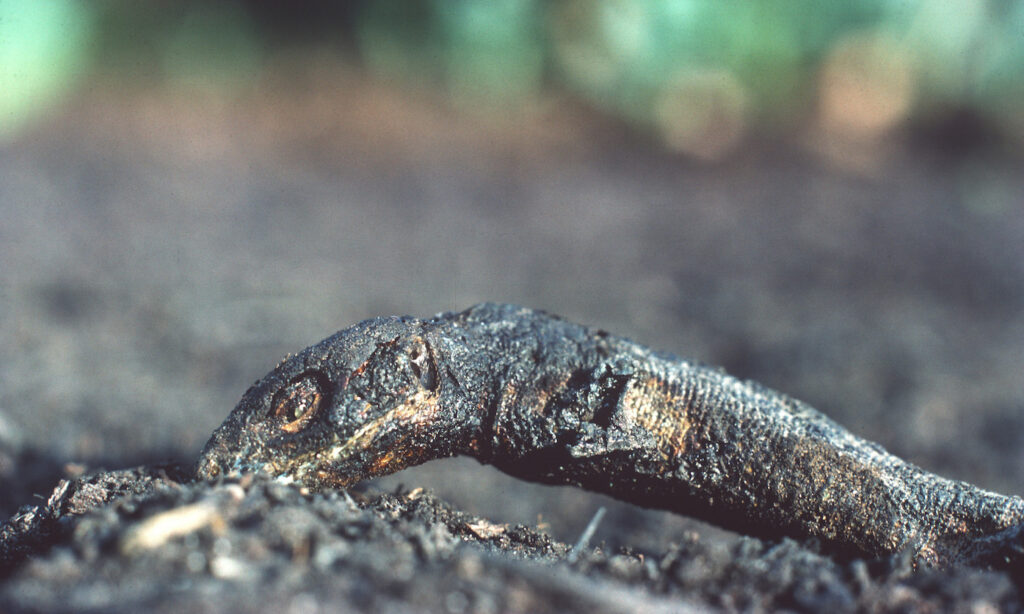
2022 will surpass anything that 1976 could manage and become the hottest summer on record for Europe. We know this even though the yearly figures at the time of writing are not complete. The hottest summer on record for the United States is 2021 — the situation has now become so bad we can easily predict the way things are going. Sadly the big money has politicians by the throat with the most powerful hoping to convince us that business should continue as usual — we just need to stop using plastic straws and everything will be hunky-dory.
The question is: for how much longer can political decision making bolster economies by making the wealthiest people wealthier at the expense of everybody else, and most disturbingly, at the expense of the Planet. Present policies that rely upon the exponential and unsustainable extraction of natural resources — as if they were tokens in some global ponzi scheme — makes no sense. The result has been a tumbling of the diversity of ‘life on earth’ and shockingly, a ramping up of the ever increasing rate of climate change.
Surprisingly, it is Britain (regarded by some as a model for the democratic process) that has destroyed its political credibility by the incompetence a handful of politicians in recent moments of political madness that have trashed Britain’s economic credibility; indicating serious environmental problems cannot be left entirely in the hands of politicians who are either too stupid, or two self interested to make the difficult decisions required that will lead to necessary change . Nero may have fiddled while Rome burned, but the present fiddling is on a massive global scale as politicians make short term unsustainable economic decisions that have now move past simply allowing the Amazon to burn for decades without making an effort to stop it.
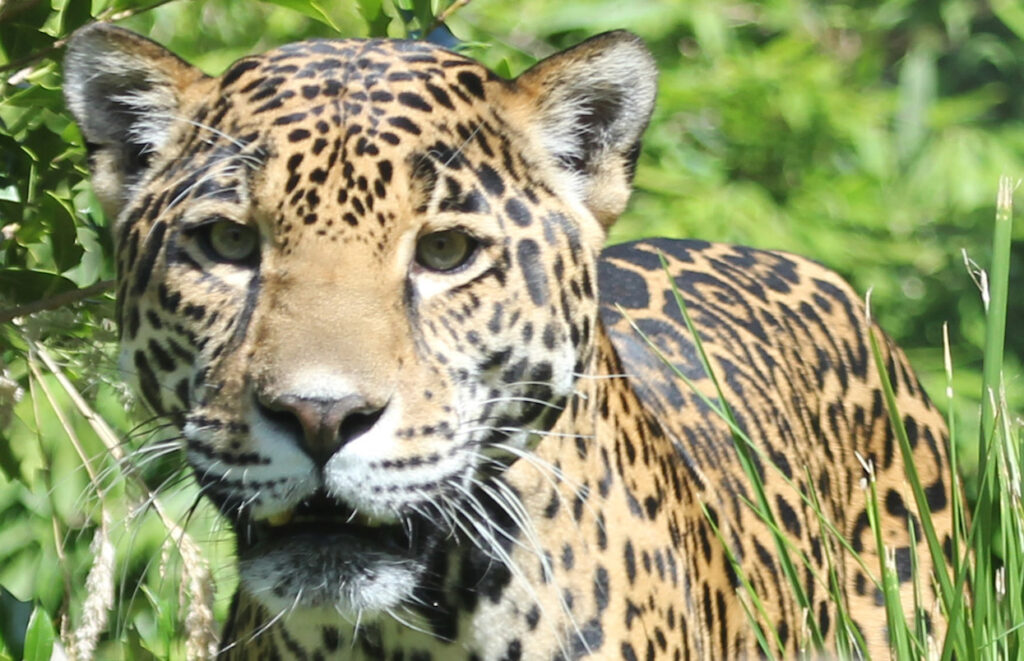
27th October 2022:The U.N. warns there is no credible way of limiting the rise in global warming, and a preCOP27 report has suggested woefully inadequate action by World governments. In recent years we’ve had a taste of what it’s like to have a World that is on fire and if changes are not forthcoming, an already desperate situation will move beyond its tipping point and there will be nothing we can do to stop it.
Please read PART 2 which provides an outline of the devastating incompetence of British politicians as the crisis unfolded over the past few weeks; it ask questions about the role of Royalty in our time — and on both counts it is difficult to avoid satire. Further details are given on the WWF Report on wildlife decline, along with Britain’s political reaction to COP27.
